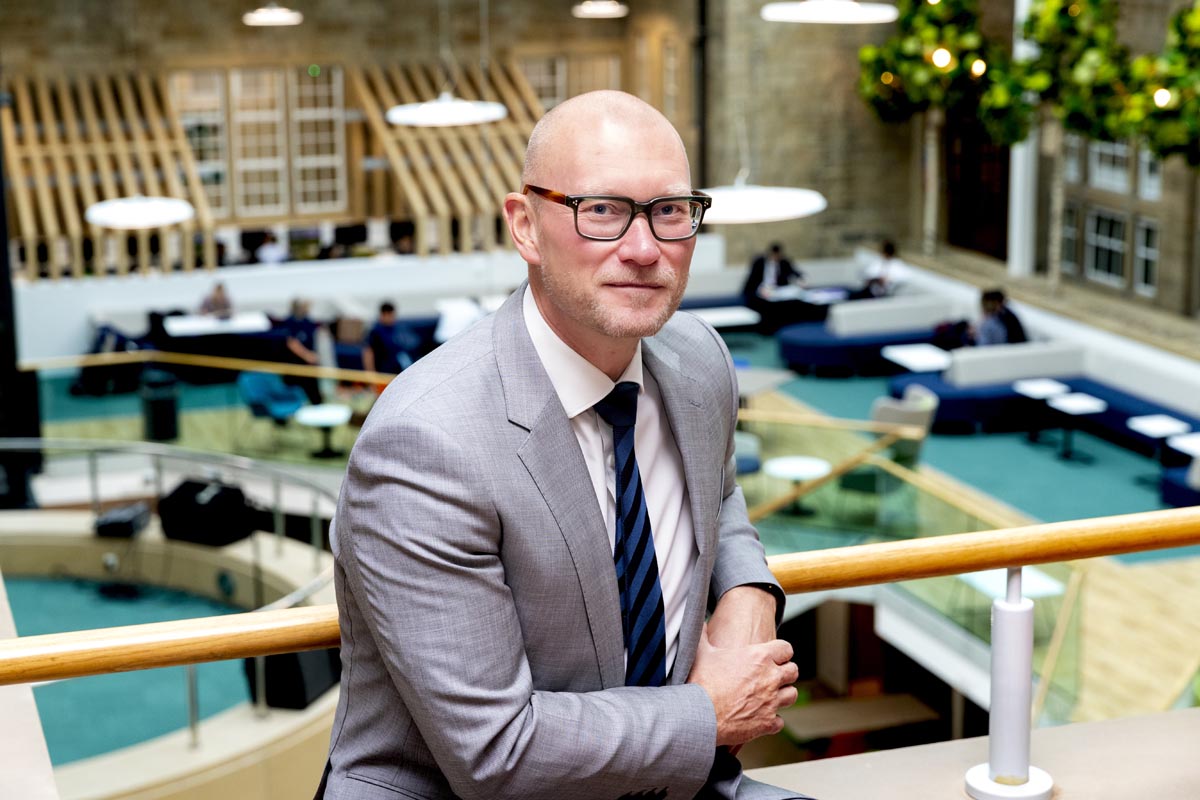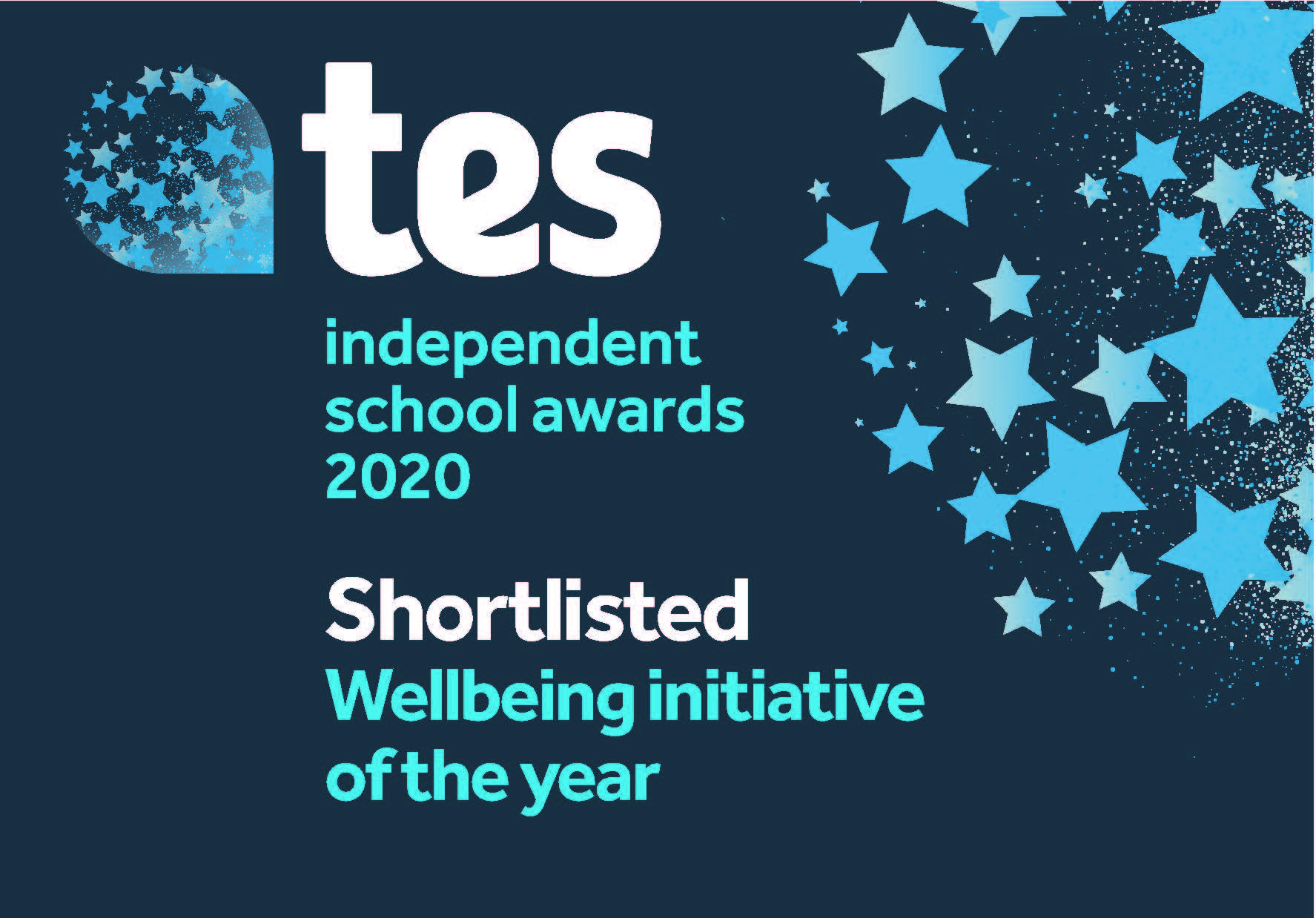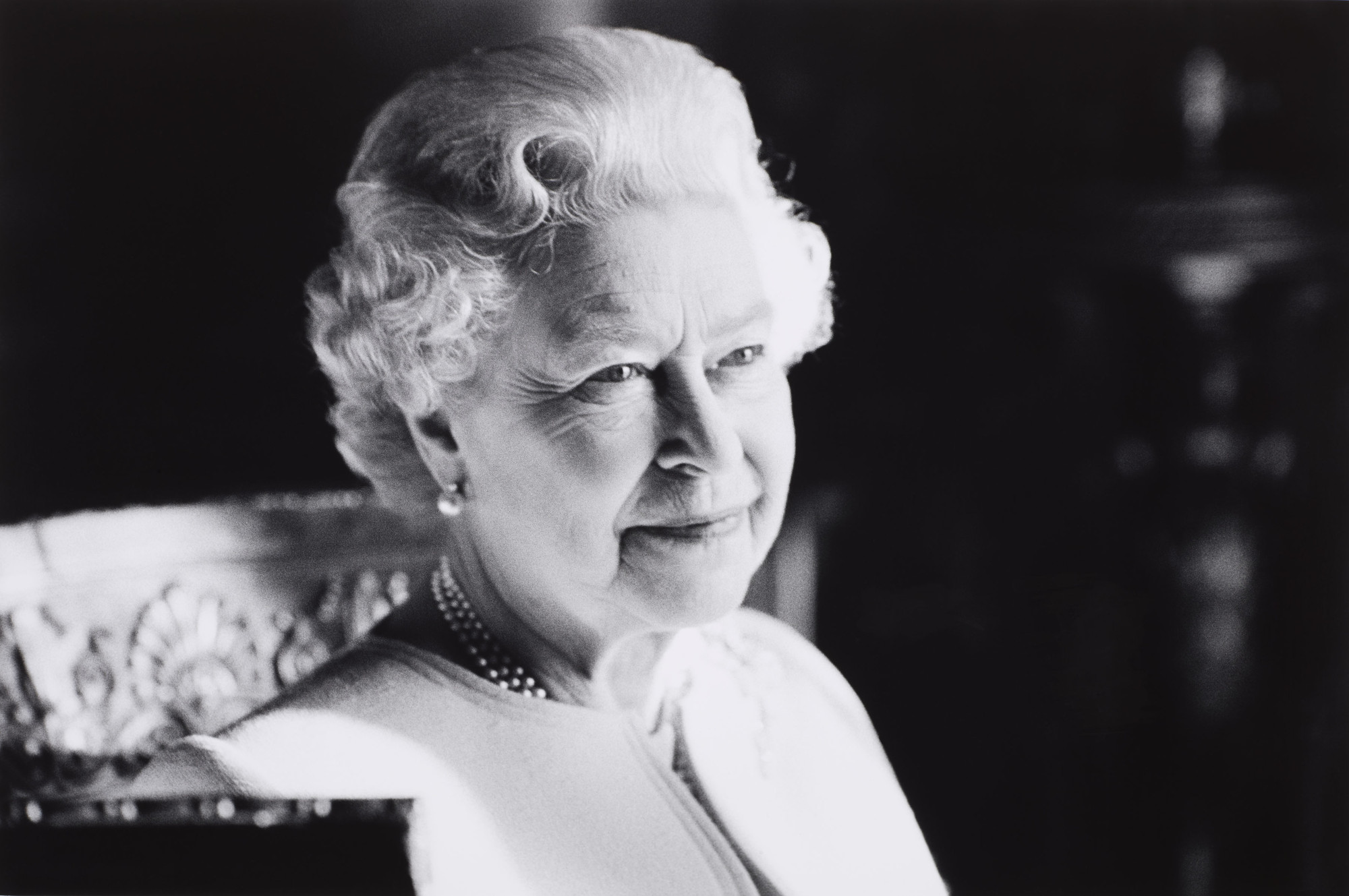Hope was the given theme for the first Bradford Grammar Senior School assembly of 2024 – an apt topic for a New Year, and perhaps a brave, vital one for the present times? Some of what was said, including a pinch of levity, is mirrored below.
There’s a film I like called Clockwise. Released in 1986, it’s been around for a while. Students and younger members of staff attending assembly in the Price Hall were forgiven for having never heard of it. I am old.
Clockwise is a traditional British comedy – farcical – chaotic, toe curling at times – but ultimately funny, or at least I think so. The main character is Mr Stimpson, a once highly organised and well regarded Headteacher at a high-flying state school, who is invited to speak at a prestigious private school conference. But Mr Stimpson’s pin sharp life falls apart as his journey to the lectern faulters, as he struggles through calamity after catastrophe desperately straining to achieve the conference stage, the perceived high note of his teaching and leadership career. You can feel the suffering as his efforts dissolve into hapless pieces.
I first watched this film as a lad when I had no thought of becoming a teacher or Headteacher or anything other than a fighter pilot (or zookeeper) perhaps. I laughed then. I smile knowingly now.
There is one quote from the film that catches attention still. In the hollows of failure and defeat, Mr Stimpson turns to the Sixth Form girl he is with – it’s best not to dwell on that in our more enlightened times of child safeguarding – and he says:
“It’s not the despair Laura, I can stand the despair. It’s the hope.”
It can be hard work living with hope. Giving up is easy. This was part of the assembly message, developed with the following words to the assembled masses in the Price Hall:
“When the going gets tough, hope can nag away at you. It feels like a burden at times. We have ambitions, hopes and dreams. The vast majority of us make an effort to achieve these things. That’s generally how people are hard-wired. Hope is a powerful force for good, for self-improvement, for individual and collective endeavour to make things better – a motivator.
But as I said, hope can be a burden too, because sometimes it would be all too easy to down tools and just give in. Mr Stimpson doesn’t quit in the film Clockwise. We laugh at him and shake our heads; but we respect his grip on hope, even when, with a heavy dollop of theatrical pathos, he is carted off in a tattered, mud-spattered suit by the local police at the end of the film.”
We modern day Brits love a trier. “Hope is the dream of the waking man,” is a quote attributed to someone from further afield in space and time, Aristotle to be precise, and his philosophical words were also shared in assembly. The encouragement of course was to embed hope in daily living, not as an easily penned wish list but rather as a fully awake, realistic and achievable practice, as part of a commitment to achieving the highest goals despite life’s inevitable setbacks.
Tackling climate change, solving food and fuel poverty, addressing misogyny and male violence against women, challenging repressive ideologies and extremism, better managing forced cross border migration, these are issues that I have discussed recently in conversation with young people at Bradford Grammar (initiated by them I might add). Dare our young people hope that we might make a difference here too, facing down some of the thorniest challenges of our times?
My colleague and teacher of Geography, Mr Alcock, is a champion of hope in the curriculum and his blog ‘Hopeful Education – alcockblog’ is well worth a moment of anyone’s time. As a fellow Geography teacher, I know too well the defeatism that can, if unchecked, creep into our lessons and into young minds. Geography does not corner the market on disaster, destruction and death, nor on creeping narratives of imminent (often climatic) catastrophe, but it can undoubtedly leave one a little deflated to say the least. (I won’t get started on the wider narratives meta-media channels).
This, however, is not the whole story, and where Geography textbooks once covered China’s One Child Policy to lift the spirits of young Malthusians, a new increasingly complete understanding of the world is offering a more balanced and ultimately hopeful world view.
In one of his blogs, Mr Alcock wrote:
“How should we respond when young people express their worries about the future of the world to us? There is, of course, a need to listen, empathise, and support. But what if the education system can do more than that? What if we can instil hope – active hope – so that our young people can be more confident about the future?
Hopeful Education aims to do just that, by encouraging young people to understand progress, believe in humanity, and help to create a better world.”
There is idealism here, and it is not misplaced. The notion of “active hope” is to my mind, critical. Mr Alcock quotes the author David Orr: “Hope is a verb with its sleeves rolled up,” an antidote to pessimism and resignation and a reminder that we have agency and an opportunity to make things better. Run this theme alongside the slow burn good news embraced by the social sciences from the writings and resources of Hans Rosling and the Gapminder Foundation. Incrementally, the far horizon need not look so scary after all, provided those sleeves stay rolled up.
We respect those who choose to remain hopeful, who never stop imagining what ‘better’ might look like, who keep aspiring and trying, Stimpson-like despite the banana skins we all slip on (not just Headteachers). We can but hope to make a difference in 2024 to our own prospects, and the lives of others. Staying positive and staying the course are the keys.
“Hope is a powerful force for good, for self-improvement, for individual and collective endeavour to make things better – a motivator.”







Be Social!